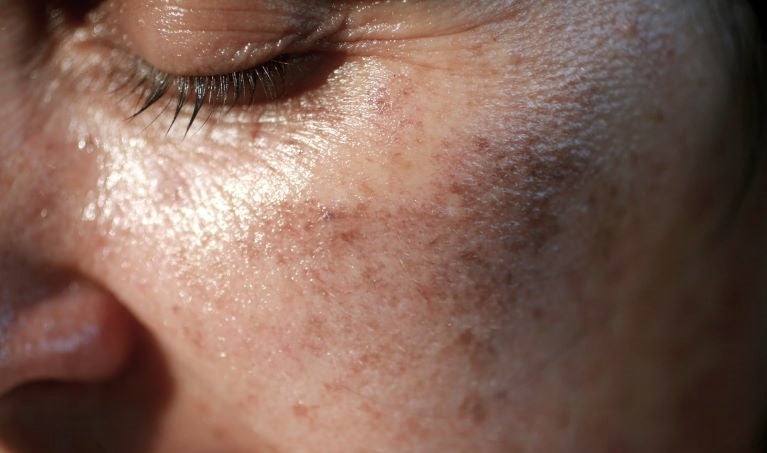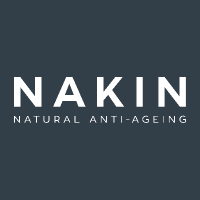Should I Use Retinol?

There is so much publicity about retinol that it makes many of us wonder if we should be using retinol. If you are into skincare products then most of us could not have failed to notice the intense amount of retinol face products out there, that all promise magic in a bottle. It has been proven that using certain types of retinol at the right strength can help skin to look youthful by smoothing away lines and wrinkles, plus renewing skin to help it look fresh and youthful. However, at Nakin we recommend using natural skincare like ours instead, as it is much kinder to skin and free of the irritation risks that many retinol products have. If you are looking for a different option to retinol then our anti-ageing face products are a great choice, as they use high performing natural anti-ageing ingredients to help skin to look smooth and fresh.
When it comes to improving skin conditions like acne, fine lines, or hyperpigmentation there seems to be a retinol product out there for it. This vitamin A derivative has been marketed as the "holy grail" of skincare, promising to give you youthful, glowing skin. However, the truth about retinol is that it may not be suitable for everyone. In this post, we will dive into the reasons why we feel should should think carefully before using retinol. Ultimately whatever you put on your face is completely your choice and this is just our opinion.
One of the major reasons why we feel that you should not use retinol is the potential for skin irritation. Retinol is an active ingredient that can lead to dryness, peeling, redness, and sensitivity, especially when used in high concentrations. This can worsen skin conditions such as eczema, rosacea, and psoriasis, making your skin look worse than before. If you have sensitive skin or have had adverse reactions to retinol in the past, it is best to avoid it altogether.
Another reason to avoid retinol is that it can make your skin more vulnerable to sun damage. Retinol increases skin cell turnover, which can lead to thinner, more sensitive skin. When exposed to sunlight, this can increase the skin's sensitivity to UV rays, leading to sunburn, premature ageing, and worse. While some retinol products may contain sun protection, it is still best to use non-retinol alternatives if you plan on being outdoors for an extended period.
Retinol can also interact with other skincare products, leading to breakouts, bumps, and irritation. For example, using retinol with acidic products such as AHAs and BHAs can cause skin peeling, while combining it with vitamin C can reduce its effectiveness. If you are using other active skincare, it's best to check before incorporating retinol into your routine.
Furthermore, using retinol during pregnancy or breastfeeding is a big no-no. Pregnant women are not advised to use any form of vitamin A because it can cause harm to the developing foetus. Retinol has also been found to be toxic when ingested, so it is best to steer clear of it if you plan to have a baby anytime soon.
While retinol has its benefits when used correctly, it is important to note that it's not a one-size-fits-all ingredient. It is best to consult with a dermatologist or skincare professional before incorporating it into your routine. If you have sensitive skin, certain health conditions, or are pregnant or breastfeeding, it is best to avoid it altogether. Remember, just because a product is popular or has been marketed as a game-changer doesn't mean it's suitable for everyone. Always prioritize your skin's health and safety above all else.


Leave a comment